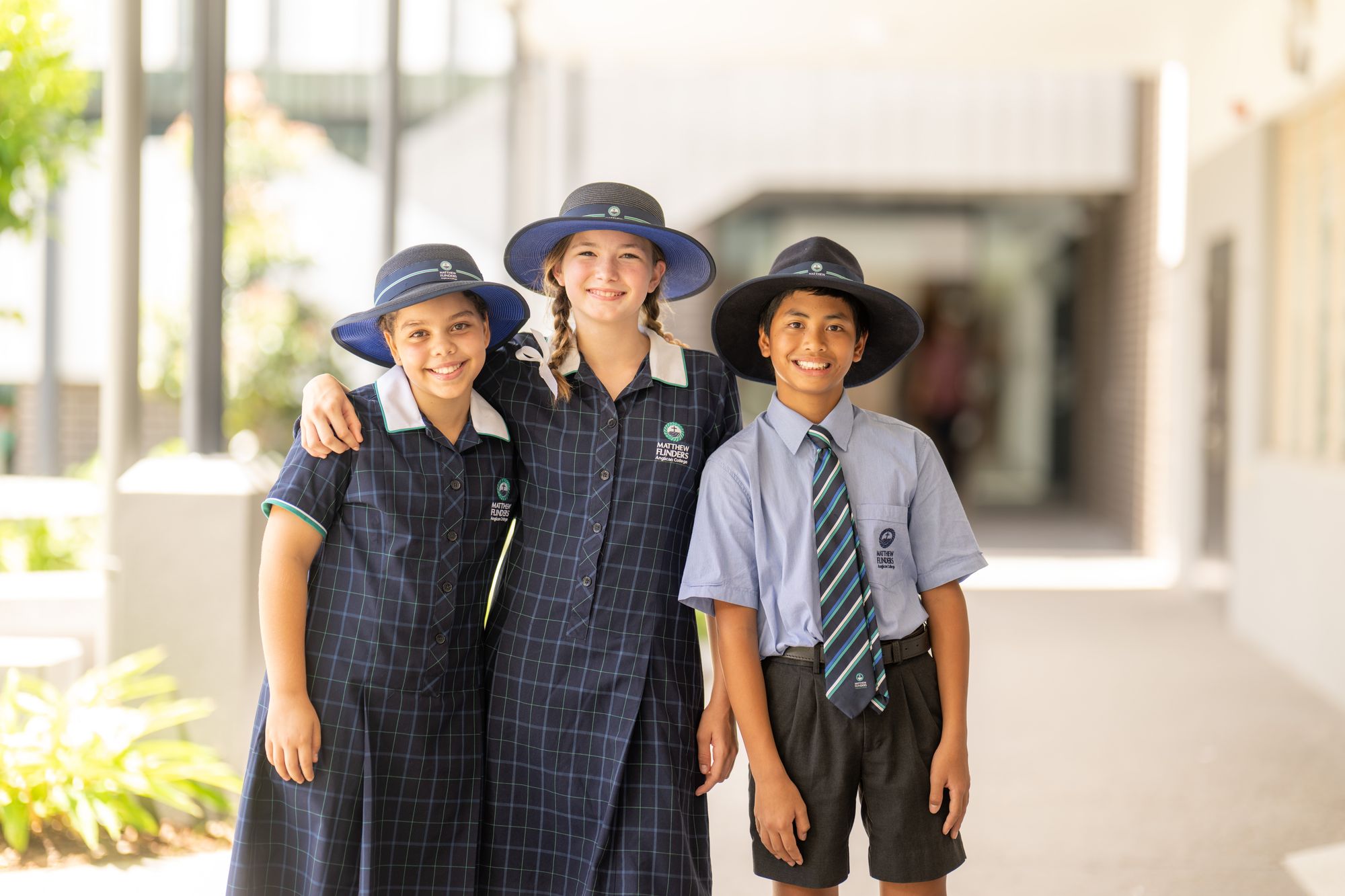
by Michelle Carroll
“Childhood is a brief, potent, potentially exquisite time that we only get to experience once. This relatively small window of time in our lives shapes so much of who we become as adults.” - Nagel and Davidow, Grounded, 2024
In today's digital age, the impact of social media on teenage health is a critical issue for parents, educators and policymakers. During the recent federal budget, the government announced $6.5 million for a trial of age verification technology for the internet, launching a debate about our youngest Australians and their access to social media. The call for action is that social media use be banned for children under 16 years of age.
In their recently published book, ‘Grounded’, local author and lecturer Dr Shelly Davidow together with Associate Professor Michael Nagel provide a “beacon of wisdom” for today’s parents navigating the complexity of raising children and teens in a post-covid world. Davidow and Nagel highlight the steady decline in adolescent mental health, coinciding with the introduction of the first Apple iPhone. They note there has been an exponential growth in studies suggesting that screen devices are doing more harm than good when left unchecked.
Renowned author Jonathan Haidt, in his recently released book, ‘The Anxious Generation’, delves into the broader societal implications of social media on youth mental health. Haidt also argues that the rise in anxiety and depression among teenagers correlates strongly with the advent of social media. He points out that the constant exposure to curated, idealised images and lifestyles can lead to a distorted sense of reality, fostering a culture of perpetual dissatisfaction. Haidt also notes that the anonymity provided by social media platforms can lead to cyberbullying and other harmful behaviours, further contributing to the mental health crisis among teens.
Last week, our community enjoyed the opportunity to listen to parenting expert Lael Stone in our Flinders Speaker Series, sponsored by the Flinders P&F. Stone emphasised the importance of understanding the psychological and emotional development of teenagers. She highlighted that social media, while providing a platform for connection and self-expression, can exacerbate feelings of anxiety and inadequacy.
Teenagers, whose brains are still developing, are particularly vulnerable to the constant comparison and validation-seeking behaviours that social media platforms encourage. Stone advocated for open communication and connection between parents and teenagers. By fostering an environment of trust and understanding, parents can help their teens navigate the challenges of the digital world more effectively.
Proactive measures to mitigate the negative effects of social media on teenagers is also a key focus for our wellbeing programs and implemented policy on mobile phone use at Flinders. Such programs include teaching digital literacy, together with emotional resilience and helping teens develop a balanced relationship with technology. While we appreciate that students arrive at school with their mobile phone, they are not permitted to use their phone during the course of the day, unless directed for academic reasons during class time. Of course, high levels of engagement in co-curricular activities, such as sport, music and drama, notably have the benefit of reducing time on screens and speaks to the ‘use it or lose it’ process of synaptic pruning of the brain that occurs during childhood.
In Grounded, the authors share a quote by Jay Giedd, the Professor of Neuroscience and Psychiatry at the University of California: “If an adolescent is doing music, sports or academics, those are the connections that will be hardwired. If they’re lying on the couch or playing video games or watching MTV, those are the cells and connections that are going to survive.”
Parents are encouraged to discuss and establish their own family initiatives around technology use in the home. I hope the following resources are helpful in building knowledge to equip for family conversations with teens.
- Grounded: The off-road guide to parenting in an unstable world. By Nagel, M.C and David. S (2024), Melbourne, Amba Press.
- The Anxious Generation: How the Great Rewiring of Childhood Is Causing an Epidemic of Mental Illness. By Jonathan Haidt (2024), Allen Lane.
- Podcast Good inside with Dr Becky. Conversation with Jonathan Haidt, The Anxious Generation. 26 March 2024.
- Article, “Should children under 16 be banned from using social media?”, The Educator Online, 24 May 2024.
Michelle Carroll is the Principal of Matthew Flinders Anglican College.


